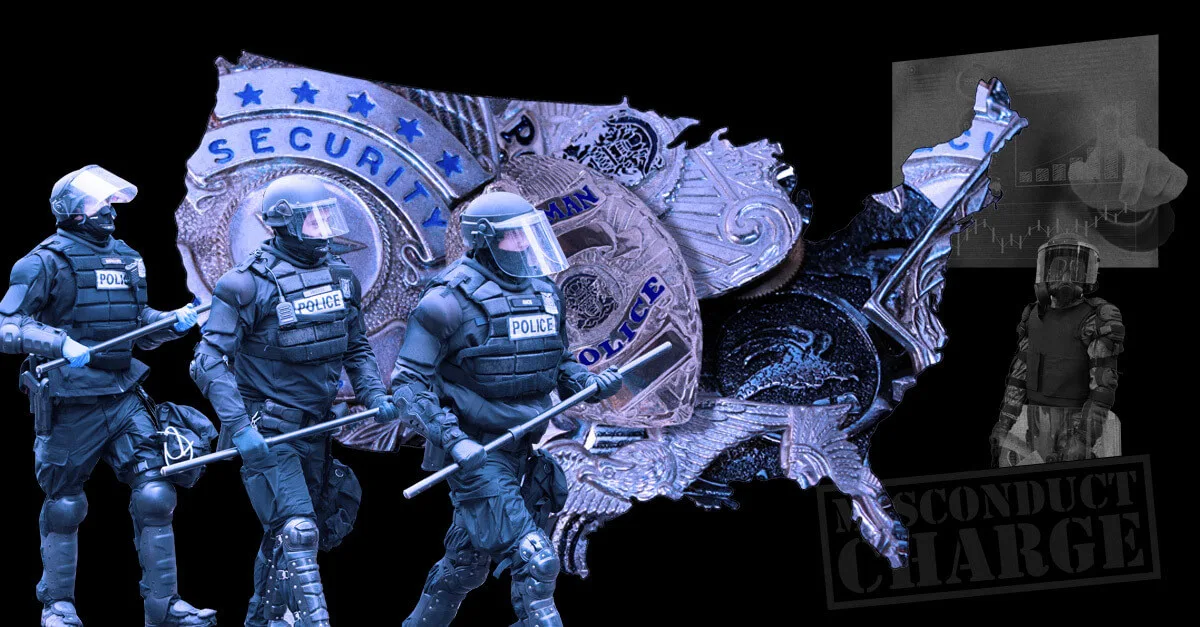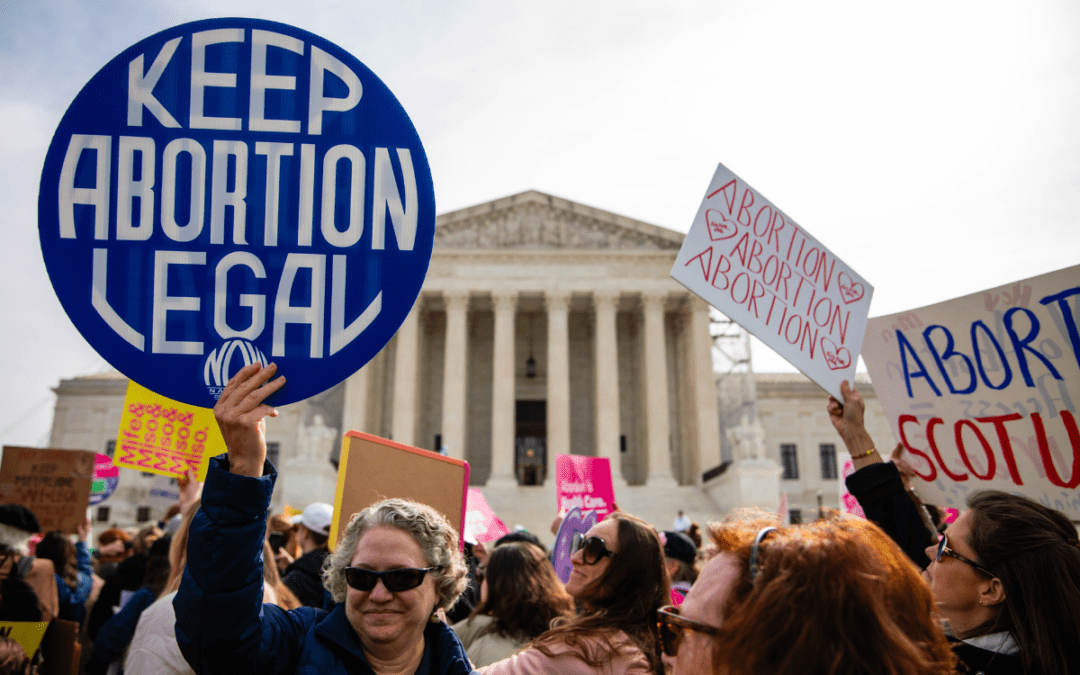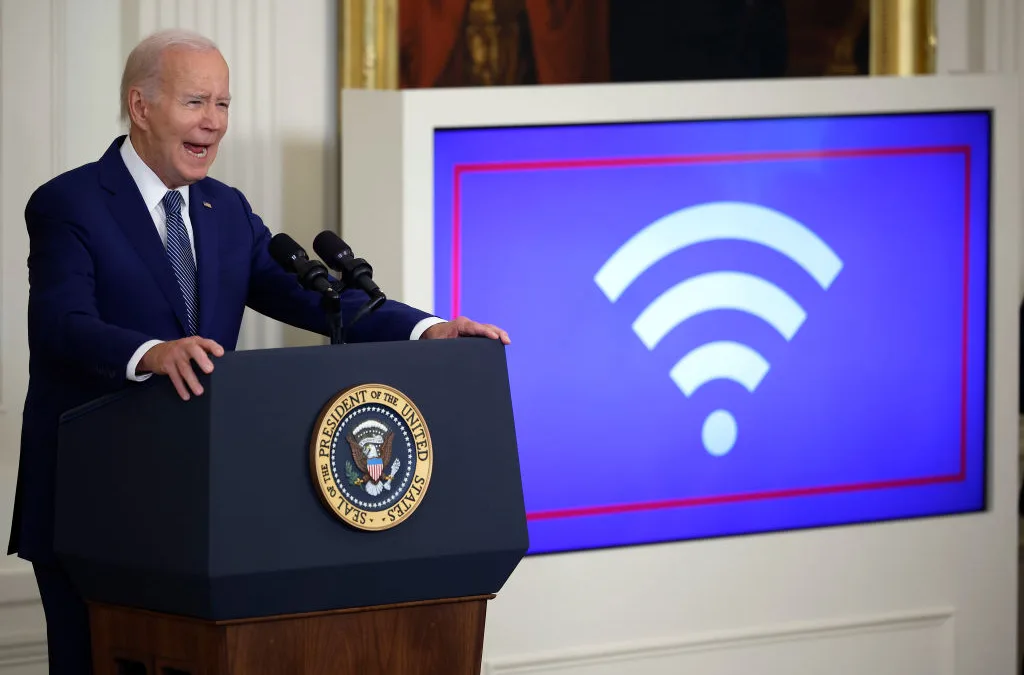
Graphics via Desirée Tapia for COURIER
“The police officer unions circle the wagons around every officer, no matter what they’ve done.”
This is part two of a series examining some of the biggest obstacles to police reform. Read the first part on how elected officials have hindered reform here.
The president of the Minneapolis City Council announced Sunday that a veto-proof, nine-member majority of the council intends to disband the Minneapolis Police Department in the aftermath of the police killing of George Floyd.
“We are here today because George Floyd was killed by the Minneapolis Police Department. We are also here because, here in Minneapolis and in cities across the United States, it is clear that our existing system of policing and public safety isn’t working for so many of our neighbors,” Minneapolis City Council President Lisa Bender said in a statement Sunday. “Our efforts at incremental reform have failed.”
Bender’s comments came after several city councilors, including herself, announced their support for such an effort last week. During an interview with CNN last Wednesday, Councilmember Steve Fletcher said the city’s police department is “ungovernable.”
Fletcher’s comments echo a reality facing many city officials across the country. Even when they want to enact reforms to address police misconduct, there’s often an enormous barrier standing in the way: Police unions.
Broadly speaking, unions have an overwhelmingly positive impact for workers and have long been one of the only ways for most people to obtain fair wages and better working conditions from their employers. But when it comes to police unions, that advocacy for members often means ignoring misconduct, supporting officers regardless of what they’ve done, fighting tooth and nail against meaningful reform, and in some cases, resorting to threats.
Fletcher said Minneapolis’ police union had for years made implicit threats during union negotiations, budget hearings, and disciplinary proceedings. He also accused the Minneapolis Police Department of retaliating against local elected officials who dare challenge them by providing slower responses to calls from their constituents.
“After the first time I cut money from the proposed police budget, I had an uptick in calls taking forever to get a response, and MPD officers telling business owners to call their councilman about why it took so long,” Fletcher wrote in a tweet.
These types of threats and acts of intimidation are shockingly common. A version of this played out on Wednesday evening, after Los Angeles City Council President Nury Martinez announced a plan to cut the Los Angeles Police Department’s budget by $100-$150 million. Like its counterparts in Minneapolis, the Los Angeles Police Protective League, the union for LAPD officers, responded with an implicit threat, insinuating they would respond more slowly to future calls from Martinez.
“If [Councilmember Martinez] calls now, we may be a little late to answer because we’re working hard to support the men and women who have been trying to keep the peace in Los Angeles,” they wrote.
RELATED: How Elected Officials From Trump to City Mayors Have Stopped Police Reform
On Friday, the LAPPL set its sights on Los Angeles Mayor Eric Garcetti, who has come out in support of reducing the department’s budget, and referred to some police officers as “killers.”
“We’ve sent an emergency request to Chief Moore to send the LAPD Crisis Response Team to City Hall because Eric has apparently lost his damn mind,” the union said. “If the City had an equivalent to the US Constitution’s 25th Amendment, we’d plead for it to be invoked.
In the suburbs of Philadelphia, a leader of the local police union went a step further, taking to the union’s official Facebook page to threaten retaliation against business owners.
“If you choose to speak out against the police or our members, we will do everything in our power to not support your business,” wrote Sgt. Robert “Skippy” Carroll of the Delaware County Fraternal Order of Police Lodge 27. Carroll then shared the post to his personal page, where he expanded on his threat, adding: “Try us. We’ll destroy you.”
Both comments have since been deleted and Carroll has been removed from active duty and is under investigation.
Beyond these sorts of threats, many police unions have also used their collective bargaining power to make it nearly impossible for departments to effectively investigate, punish, or fire officers for misconduct.
“If you look at union contracts, there are very substantial barriers to accountability that are built into those contracts,” said Jonathan Smith, former Chief of the Special Litigation Section of the Civil Rights Division of the Department of Justice from 2010 to 2015. Smith, who now serves as the executive director of the Washington Lawyers’ Committee for Civil Rights and Urban Affairs, said union contracts are a significant obstacle to reform and accountability.
In Minneapolis, for example, the city’s contract with the police union states “investigations into an employee’s conduct which do not result in the imposition of discipline shall not be entered into the employee’s official personnel file.” In the past eight years, citizens have filed more than 2,600 complaints against the police department. Only 12 officers have been disciplined, and the most serious penalty was a 40-hour suspension.
The contract also makes it virtually impossible to fire officers charged with even extreme cases of misconduct. In 2019, Minneapolis Police Chief Medaria Arradondo fired officer Alexander Brown, who was caught on camera beating a handcuffed Indigenous man who was on the ground. But the local police union—led by its president Lt. Bob Kroll—filed a lawsuit alleging the city violated its contract with the union, and ultimately forced the city to agree to rehire Brown and reimburse him for lost wages. Brown filed another lawsuit in December, alleging the city had still not rehired him.
Kroll, of course, has made his own headlines in recent days after he wrote a letter to his union in which he announced his intention to mount a vigorous defense of the officers responsible for Floyd’s death. He also defamed Floyd as a “violent criminal,” attempting to justify the killing of an unarmed, defenseless man.
Arradondo’s predecessor, Janee Harteau, experienced similar obstruction from the union. “I know for me, imposing discipline or terminations were constantly met with grievances,” she told the Washington Post last week.
This sort of interference happens all over the country. “There are lots of examples in the country of police unions inhibiting change,” said Ed Maguire, a professor at the School of Criminology and Criminal Justice at Arizona State University.
In St. Louis, Missouri, the city’s circuit attorney Kimberly Gardner filed a lawsuit against the local police union in January, alleging it has blocked her efforts to reform the force. In her complaint, Gardner alleges what amounts to “a racially-motivated conspiracy to deny the civil rights of racial minorities by obstructing a government official’s efforts to ensure equal justice under law for all.”
Gardner, who is Black, said her agenda “to redress the scourge of historical inequality and rebuild trust in the criminal justice system among communities of color” has been obstructed by a “broad campaign of collusive conduct” dedicated to removing her from office. In response, the union criticized Gardner, calling her a “desperate woman,” and denied her allegations.
This defend-yourself-at-all-costs approach is common among unions, according to Smith.
RELATED: This Is What It Means to Defund the Police
“The police officer unions circle the wagons around every officer, no matter what they’ve done,” he said. “If you have to protect every officer at every cost, that’s creating a culture where it makes it much harder for officers engaged in misconduct to be held accountable.”
Maguire summed up the dynamic of unions and their power by recounting a visit to a police department two decades ago, during which he interviewed the head of the union: “I’ll never forget the quote as long as I live. He said ‘The police chief doesn’t run this fucking department, I run this fucking department.’”
Research has also shown there seems to be a direct correlation between misconduct and being part of a union. A 2018 University of Chicago study found that between 1996 and 2015, collective bargaining rights among newly unionized law enforcement agencies in Florida “led to about a 40% increase in violent incidents of misconduct among sheriffs’ offices.”
These types of incidents usually go unpunished. Unions have been so effective at pressuring lawmakers that their officers get protections that “no other potential criminal defendant on the planet” gets, Smith said.
At least 50 cities have agreed to contracts with unions that prevent those investigating misconduct from interviewing the accused officers for at least 48 hours.
At least 50 cities have agreed to contracts with unions that prevent those investigating misconduct from interviewing the accused officers for at least 48 hours, according to a 2017 report from law professor Stephen Rushin of Loyola University Chicago. Investigators in at least 34 cities also have to provide accused officers of all the evidence against them ahead of their interrogations, according to Rushin’s study.
In some cases, unions have successfully lobbied to enshrine these protections in state law. More than a dozen states have enacted a Law Enforcement Officers Bill of Rights (LEOBR), which protects police officers and other law enforcement personnel from investigations and prosecutions. Louisiana’s LEOBR, for example, gives officers up to 30 days to secure an attorney before they are interviewed about alleged misconduct. In Florida, the LEOBR requires investigators to provide an accused officer with all evidence related to the case before beginning an interrogation, including the name of all complainants, physical evidence incident reports, audio evidence, and video recordings.
“These only scratch the surface of the protective procedures offered by LEOBRs to police officers facing internal investigations,” Rushin wrote in another 2019 paper.
Between union contracts and LEOBRs, most large police departments have created barriers to accountability for their officers. Researchers at Campaign Zero, an organization dedicated to ending police killings, studied police union contracts in 81 of America’s 100 largest cities in 2016. In 71 of those cities, union contracts imposed at least one barrier to police accountability. All 15 states with LEOBRs also imposed at least one barrier to police accountability.
“The police officer unions circle the wagons around every officer, no matter what they’ve done.”
Campaign Zero has called for fair union contracts that remove barriers to effective misconduct investigations and civilian oversight and require more transparency regarding an officer’s disciplinary history. In recent days, scores of local, state, and federal lawmakers have denounced police brutality and promised reforms and to take a tougher stance on police unions. Of course, they’ve also done so in the past and frequently failed to deliver.
Why? One explanation is that many police unions also play an outsized role in funding local elections: In Santa Ana, California, for example, the police union spent $400,000 on City Council races in 2016—more than half of the entire amount spent on the election. This year, they spent $341,000 to recall a city councilwoman who voted against a pay increase for officers. The union succeeded.
Police unions also often work to elect and re-elect district attorneys they see as friendlier to cops. The San Francisco Police Officers’ Association, for example, spent $700,000 to try to defeat former public defender Chesa Boudin in 2019. Boudin, who ran on a progressive platform, came out victorious, despite being nearly outspent by just the union alone.
Because these groups have a startling amount of power over local elections, elected officials are often afraid to stand up to them, even when it’s the right thing to do.
“I think they have to push back when it’s appropriate to do so. Often, we see politicians who are afraid to do that, but they have to. Right is right,” Maguire said. “They need to pick their battles, they can’t push back on everything all the time … but right now we are dealing with life and death issues, and life and death issues require politicians and leaders to demonstrate moral courage. In this difficult time, we need politicians who are willing to display that moral courage in their dealings with police unions and police leaders.”
In the wake of the rampant police brutality witnessed at protests across the country this past week, many labor organizations and activists, including the King County Labor Coalition in Seattle, Washington, have joined the call to reign in the seemingly limitless power of police unions.
Until that happens, substantive reforms may prove elusive. Some lawmakers, like members of the Minneapolis City Council, believe police unions to be so intransigent that the only path forward may be to disband the police altogether.
“Decades of police reform efforts have proved that the Minneapolis Police Department cannot be reformed, and will never be accountable for its action,” council members said in a statement on Sunday. “We’ll be taking intermediate steps toward ending the MPD through the budget process and other policy and budget decisions over the coming weeks and months.”
Politics

How Project 2025 aims to ban abortion in Pennsylvania
Former president Donald Trump said abortion was a state’s rights issue recently, but conservative organizations, under the banner “Project 2025,”...

736,000 PA households could lose crucial help on their internet bills
Time is running out for the Affordable Connectivity Program, which provides low-cost high speed internet access for over 736,000 Pennsylvania...

What to know about Trump’s legal issues
Over the past year, former president Donald Trump has become the center of not one, not two, not three, but four criminal investigations, at both...
Local News

Conjoined twins from Berks County die at age 62
Conjoined twins Lori and George Schappell, who pursued separate careers, interests and relationships during lives that defied medical expectations,...

Railroad agrees to $600 million settlement for fiery Ohio derailment, residents fear it’s not enough
Norfolk Southern has agreed to pay $600 million in a class-action lawsuit settlement for a fiery train derailment in February 2023 in eastern Ohio,...






